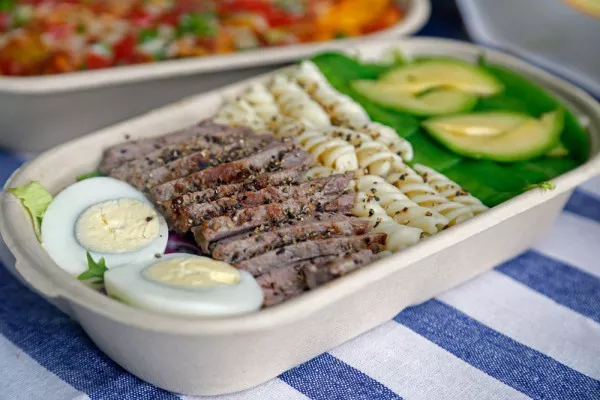Snacking is often associated with weight gain, but the truth is that healthy snacks can actually help you lose weight by keeping your metabolism up and preventing overeating at meals. However, it is important to choose the right snacks and to consume them in moderation. In this article, we’ll explore how many snacks a day you should consume to promote weight loss.
The general rule of thumb for weight loss is to consume three main meals and up to two healthy snacks per day. This will provide your body with the energy it needs to function properly and help prevent overeating at meals.
When choosing snacks, it is important to focus on nutrient-dense foods that are high in protein, fiber, and healthy fats. These nutrients will help keep you feeling full and satisfied between meals, preventing the urge to snack on unhealthy foods.
Some great snack options for weight loss include:
- Fresh fruits and vegetables
- Nuts and seeds
- Greek yogurt
- Hummus and veggies
- Hard-boiled eggs
- Air-popped popcorn
- Cottage cheese with fruit
- Whole grain crackers with nut butter
- Edamame
- Roasted chickpeas
It is also important to pay attention to portion sizes when snacking. Consuming too much of even healthy snacks can lead to weight gain. A good rule of thumb is to aim for snacks that are around 100-200 calories each.
In addition to choosing the right snacks and portion sizes, it is important to also pay attention to the timing of your snacks. Try to space your snacks out evenly throughout the day to prevent overeating and to keep your metabolism up.
It is important to remember that snacking alone will not lead to weight loss. In order to lose weight, it is necessary to maintain a calorie deficit through a combination of healthy eating and physical activity.
In conclusion, consuming up to two healthy snacks per day can actually help promote weight loss by preventing overeating at meals and keeping your metabolism up. It is important to choose nutrient-dense foods that are high in protein, fiber, and healthy fats and to pay attention to portion sizes and timing. Remember to also maintain a calorie deficit through a combination of healthy eating and physical activity to achieve your weight loss goals.


